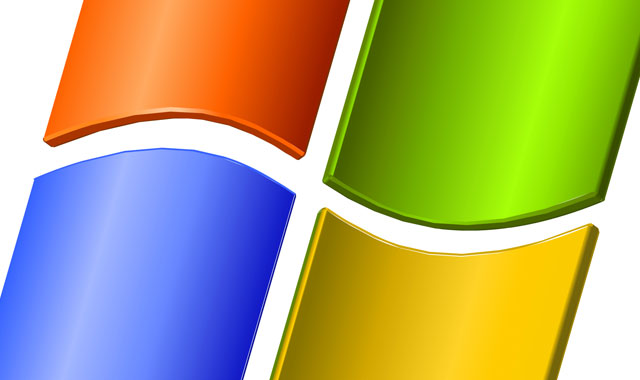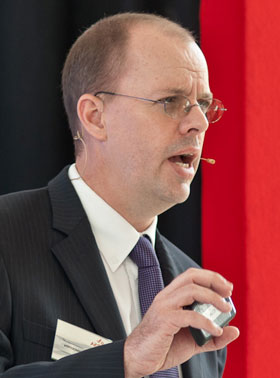
It’s the end of an era. This week Tuesday, 8 April, Microsoft is putting Windows XP out to pasture. It will stop pushing out public updates for the more than 12-year-old operating system, which once dominated desktop computing.
Despite this, many banks worldwide, including those in South Africa, still make extensive use of Windows XP in their ATM networks. Indeed, the operating system still powers an incredible 95% of the world’s ATMs, according to NCR, the world’s largest ATM manufacturer.
But what does this mean for South African banks?
South Africa’s largest retail bank, Absa, says its ATMs don’t have to be upgraded immediately. Its head of digital channels and payments, Adrian Vermooten, says its support contract for Windows XP does not end tomorrow, when patches and other updates will no longer be available to the general computing public. “As part of Barclays, we’ve bought another year’s worth of licences [from Microsoft],” Vermooten explains.
“We use XP elsewhere in our business, not just in our ATMs, so we bought another year of support and do not have a deadline tomorrow.”
Absa has more than 9 000 ATMs across South Africa, including self-service kiosks. Vermooten says migration of Windows XP is not just a software upgrade, but a hardware one, too.
“We started the upgrade of our hardware 18 months ago and committed to spending R500m to upgrade our ATMs, and we are well on the way in doing so. Almost all our hardware has been upgraded.”
Vermooten adds that software for the ATMs has already been built and tested. “We run the largest ATM network in the country and it’s not only our customers who rely on us, but it’s other banking customers who use our ATMs extensively, too, so we won’t start the software roll-out until after the upcoming public holidays are over. We will wait until sometime later in May to start the roll-out slowly over a couple of months, so it won’t disrupt the network.”
Microsoft is ending public support for Windows XP on the same day it is releasing Windows 8.1 Update 1, the latest version of its operating system. According to US Web analytics firm Net Applications, more than 27% of the world’s PCs still run XP.
Users who run XP with service pack 3 and Office 2003 after 8 April will face potential security and compliance risks, which means an organisation could fail external audits, according to Microsoft.

The company will still release one final update for XP users on 8 April, as well as an update for Word 2003.
Although Microsoft won’t release Windows XP patches to the public after this week, it will continue to make the patches available under its “custom support” offering aimed at larger customers.
Custom support comes at quite a price though: US$200/PC for the first year, and more for each succeeding year, up to 2017. Patches will only be released for anything rated as “critical” by Microsoft, whereas bugs rated as “important” will not necessarily be fixed.
Standard Bank, meanwhile, says it has been “preparing itself” for the upgrade for some time. The bank’s channel design head Vuyo Mpako says it has “fully certified all our new software for roll-out to commence in the latter part of this year”.
“In the short term we are confident that the plans around extended support for our ATM software are adequate,” he says.
Nedbank says that all but 61 of its 3 000 ATMs have now been upgraded to Windows 7. The outstanding ATMs are all situated in remote areas and are in the process of being upgraded. This project will be completed by this week Friday. The company also claims to be the first bank in South Africa to be fully “Windows 7-enabled” across all its channels.
First National Bank’s head of self-service channels, Aziz Cassim, says his bank is on track with a migration to Windows 7 and it will not be affected by the end of support for XP. — (c) 2014 NewsCentral Media




